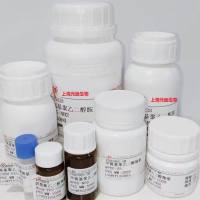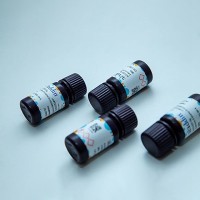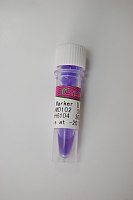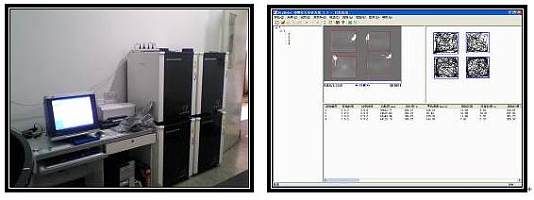Antigenic Typing of Field Isolates of Plasmodium by DNA Techniques
互联网
499
The relationship between host and parasite is a dynamic one with both groups undergoing genetic change to maximize reproductive success. The short generation time and high reproductive capacity of the malaria parasite provides scope for extensive mutation within the parasite genome. Enzymes involved in resistance to drugs and vari- able antigens are two well known systems in which rapid and exten- sive mutation can occur (1 –5 ). Any vaccine-based method of malaria control must be capable of coping with the development of antigenic variants, thus elucidation of the repertoire of possible sequence vari- ants is crucial to effective vaccine design. It is likely that isolates maintained in continuous in vitro culture in laboratories are a highly selected subpopulation, particularly so given recent observations regarding contamination and overgrowth by the ItG2/FCR-3 isolate, the HeLa cell of the malaria world. The frequency of the major mero- zoite surface antigen 1 (MSA-1) allelic forms in parasite strains iso- lated directly from patients varies dramatically from those found in in vitro cultured strains (6 ,7 ). Therefore a full understanding of anti- genic variants must be based on direct assay of isolates circulating in the wild, without adaptation to culture. A second major use of direct field typing is in the understanding of the epidemiology of malaria infection.









